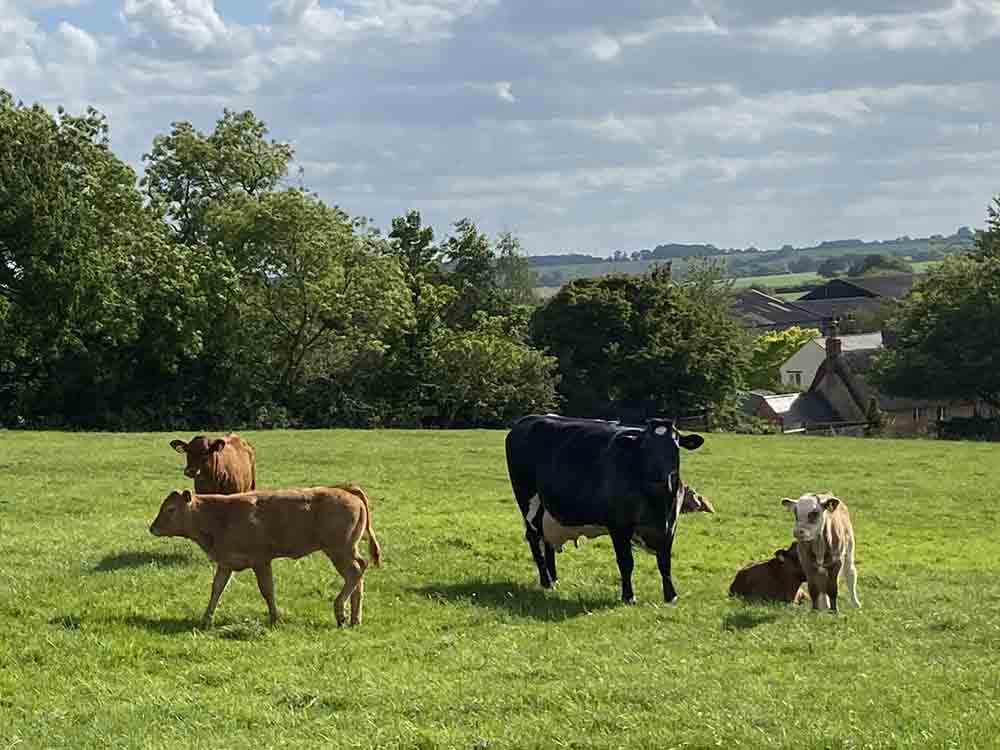Covid 19 – Rural property and business update
The following is a brief round-up of some of the Covid-19 and other issues affecting rural property owners and businesses
3 minutes to read
Commodity prices
Wheat prices are on the rise as the prolonged period of hot and dry weather looks set to hit harvest yields. Futures for 2020 have gained £15/t since the beginning of May. Combined with soggy drilling conditions during the autumn and winter, the UK is set to see the smallest wheat harvest since the 1970s, according to Frontier Agriculture. A weakening of sterling against the euro has also helped to make UK wheat more competitive.
Even before the latest dry spell, consultant Andersons was predicting that a typical arable farm will lose about £11 per acre before subsidy payments this year.
Beef prices, as mentioned last week, are also on an upwards trajectory. The lamb market has just switched over to new-season prices, which are a few percent up on the week, but almost 10% higher compared with this time last year.
The AHDB has calculated that dairy farmers in Great Britain have lost £28 million due to the disruption caused by Covid-19. The price paid to some has been slashed and tens of thousands of litres of uncollected milk had to be discarded. Welsh producers have been hardest hit, with almost half affected in some way.

Rural property market
Lack of stock, rather than willing buyers continues to be the main issue for the English farms and estates market, which reopened for business several weeks ago. According to the Farmers Weekly Land Tracker, the amount of land advertised last week was down over 60% compared with the same period in 2019. Annually, that figure rises to 70%. Buyers are particularly looking for “dreamy, romantic” mini estates or amenity farms, says my agency colleague George Bramley. Nothing like a lockdown to make you appreciate the glorious British countryside.
Strategic planning
Conversely, Covid-19 seems to have had the opposite effect for my estate management colleagues. James Shepherd of our Bishop’s Stortford office reports an increasing number of clients are revisiting their long-term strategic plans. With meetings and travel plans cancelled, the lockdown has probably provided many estates with a meaningful period of time to assess their future direction. The timing is apposite given the food and farming industry is set for a period of significant change post-Brexit.
The Rural Report
Worth mentioning then, that The Rural Report, our annual publication for rural property owners is wending its way to the printers and is due to be launched later this month. It contains plenty of insight, always thought-provoking, occasionally controversial, for those planning for the future. Drop me a line if you’d like a copy or would like to attend the launch webinar.
The Agriculture Bill (shout at your MP) and trade
A change in how we trade with the rest of the world will be one of the biggest potential challenges mentioned above. Following the defeat of an amendment to the Agriculture Bill that would have ensured all food imports meet the same standards adhered to by UK farmers*, a rural MP who was one of the 22 Conservative MPs who backed the clause has told farmers they need to shout a bit louder.

In a letter to Farmers Weekly, West Dorset member Chris Loder says those Tory MPs who didn’t back the amendment weren’t necessarily unconcerned about agriculture, but “that the argument for free trade was stronger and lobbied for harder.” Very few farmers get in touch, he said.
Meanwhile, in a move that will certainly split opinions, the All-Party Parliamentary Group on Science and Technology in Agriculture is lobbying the government to amend the Agriculture Bill so that farmers here can take advantage of gene-editing technology that is widely used around the world, but is currently banned under EU rules.
*Livestock farmers in America use, on average, five times more antibiotics than their UK counterparts, claims a new report from campaign group Alliance to Save Our Antibiotics.